For their latest recording on Alpha Classics (release date 23 June), Paavo Järvi and the Estonian Festival Orchestra celebrate composers from Estonia and Poland. Two nations closely connected by their history and the corridor imposed on them by 20th century occupation, which resulted in strong musical ties.
Eduard Tubin is a composer whose ten symphonies tower at the top of Estonian orchestral music. The same may be said about his stage works. World War II forced Tubin to emigrate to Sweden in 1944, where he spent the rest of his life. It was here that he wrote Suite from the ballet Kratt (Goblin) in 1961 based on his ballet by the same name and began work on Music for Strings the following year.
Witold Lutosławski composed Musique funèbre in memory of Béla Bartók and its premiere commemorated the 10th anniversary of the Hungarian composer’s death in 1958. Bartók’s Orchestral Concerto also inspired the Concerto for String Orchestra composed in 1948 by Grażyna Bacewicz.
KRATT is Paavo Järvi and the Estonian Festival Orchestra’s fourth recording for Alpha Classics. Previous releases include Shostakovich Symphony No. 6 and Sinfonietta (2018), MYTHOS, dedicated to the music of Erkki-Sven Tüür in celebration of his 60th birthday (2019) and ESTONIAN PREMIERES (2022) featuring the music of Tõnu Kõrvits, Ülo Krigul, Helena Tulve, Tauno Aints and Lepo Sumera.
The Estonian Festival Orchestra was founded by Paavo Järvi in 2011 as the resident orchestra of the Pärnu Music Festival. The long dreamed of ambition by Järvi to create a hand picked orchestra, bringing together the best of Estonian talent and leading musicians from around the world, has since led to critical acclaim and a string of international tours which have taken the orchestra across Europe and Asia. In 2018 they made history by being the first Estonian Ensemble to perform at the BBC Proms. This Summer Järvi and the EFO perform four concerts at the Pärnu Music Festival and tour to the Hamburg Elbphilharmonie and Grafenegg Festival.

